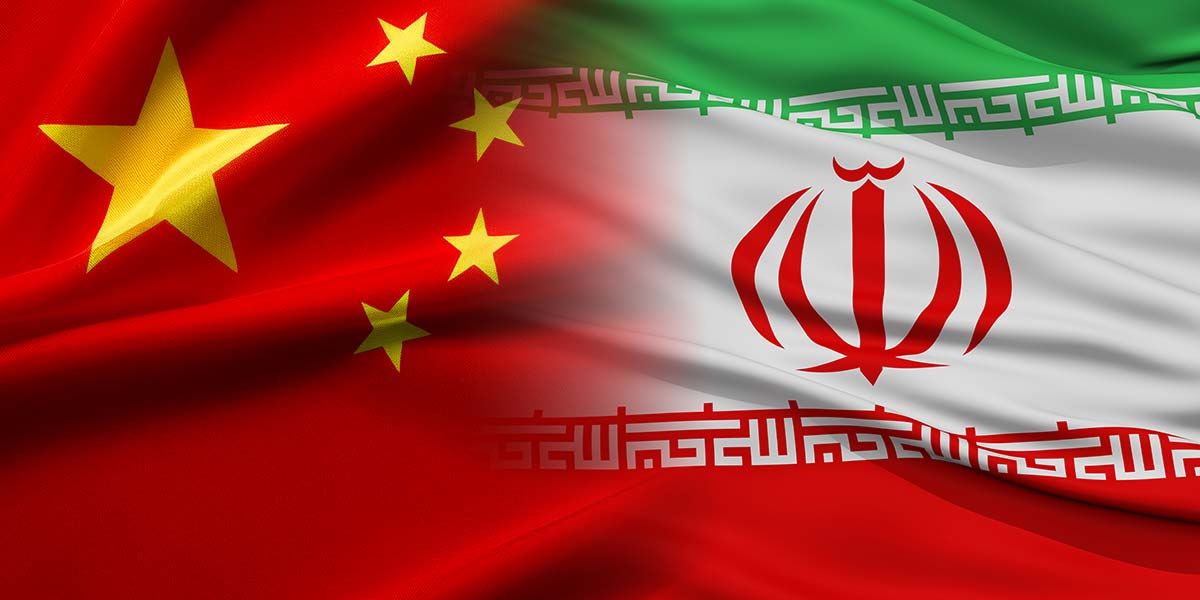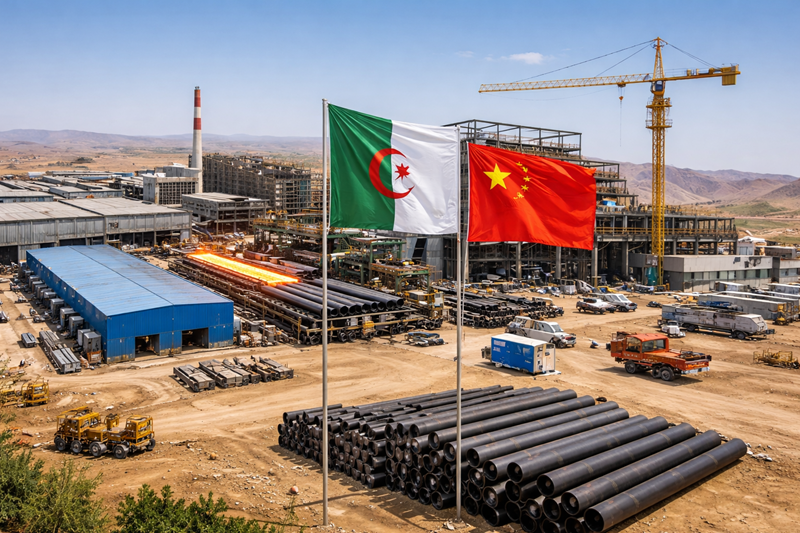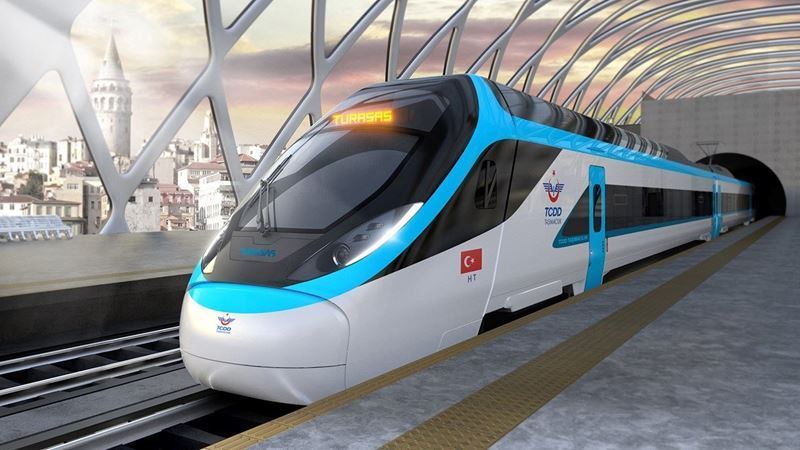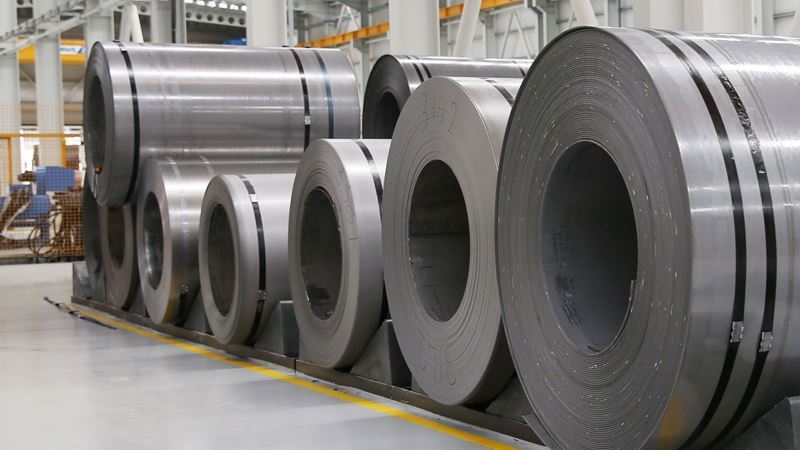Experts warn that escalating economic tensions between Beijing and Washington could directly affect Iran’s exports particularly in the energy sector and key industries such as steel given China’s crucial role in Iran’s foreign trade.
Currently, China is Iran’s largest trading partner, accounting for over 90% of the country’s oil exports and about 30% of its non-oil exports, including mineral and steel products.
According to analysts, a possible decline in China’s demand for essential goods and energy due to slower economic growth or pressure from trade disputes with the U.S. may lead to lower prices and reduced exports of Iranian steel, as a significant portion of Iran’s steel export market depends on East Asia and China.
Under these circumstances, expanding new export markets and diversifying Iran’s steel product portfolio have become increasingly vital.
Experts emphasize that to maintain competitiveness, a clear strategy must be developed to enhance mineral processing, upgrade production technologies, and increase value added along the steel value chain.
They believe that “raw material exports are not inherently problematic, but if Iran can expand processing and final steel production by leveraging its advantages such as affordable energy and labor, it can achieve higher added value and secure a more sustainable position in global markets.”











Comments
No comment yet.